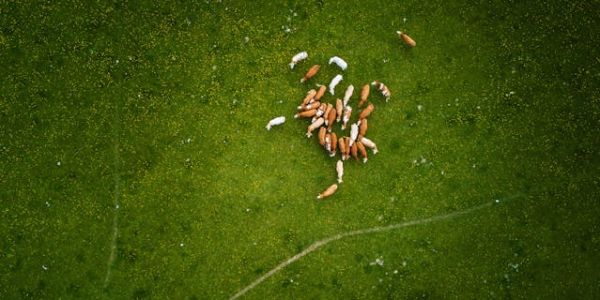Research group

Eco-Epidemiology Research Group
The Eco-Epidemiology research group focuses on understanding the intricate relationships between ecological systems, human activities, and the dynamics of infectious diseases. It integrates diverse disciplines to address critical health and environmental challenges, with an emphasis on One Health and Planetary Health approaches.
The group conducts the research within several multi-partner projects and focuses on epidemiological designs, integrated data collection, spatio-temporal modelling and intervention science. The research is conducted mostly in South-East Asia and Europe.


Our focus
The group’s research is characterised by:
Through a collaborative, interdisciplinary framework, the Eco-Epidemiology group aims to advance scientific understanding and develop actionable strategies for healthier ecosystems and communities.
Eco-epidemiology group leader

Dr. Marina Treskova
Marina leads the Eco-epidemiology research group. She has a multidisciplinary background in epidemiology, modelling, biology, and economics. Her interest and research focus are on environmental degradation and restoration, and human health and well-being. She specifically focuses on designing and executing field studies, experimental studies, and socio-ecological interventions within this nexus.
marina.treskova (at) uni-heidelberg.de

